Bone Density (DEXA) Scan
Older adults can lose bone density, raising the risk of fractures. It’s also a complication of certain medical conditions. A bone density (DEXA) scan is among the best ways to protect yourself. We are one of the nation’s premier programs, home to internationally recognized experts.
BJC HealthCare works with Washington University physicians, BJC Medical Group, and providers across the region to deliver extraordinary care. You receive services from leaders in the field. DEXA scans are part of our comprehensive approach to diagnosing, treating and preventing osteoporosis and other bone diseases.
Highlights of our program include:
Outstanding care: We have been an industry leader since the early 1990s. You benefit from the latest research-based bone health methods. As experts in this area, we recognize issues in earlier stages and maintain excellent outcomes.
Recognized expertise: You receive services from professionals who maintain certification from the International Society of Clinical Densitometrists. We stay current on high-quality DEXA scans and bone disease care methods. This means you can count on us for accurate testing and interpretations.
Convenience: Bone scans are available in many of our locations throughout the St. Louis region, so you receive care close to your home and work. Some locations offer a streamlined service with a scan, interpretation and consultation in a single visit. This approach helps you receive prompt answers and timely treatment if necessary.
Personalized recommendations: We explain how a DEXA scan can help and answer all your questions if you have bone health risk factors. Although individuals assigned female at birth are more likely to experience brittle or fragile bones (osteoporosis), some individuals assigned male at birth are also at risk.
BJC is a connected network of specialists offering advanced capabilities and a seamless patient experience. After receiving a physician referral, call (314) 362-9355 or (800) 392-0936 to schedule an appointment, and we’ll take care of the details.
A DEXA (dual-energy X-ray absorptiometry) scan measures bone density using low-energy X-rays. This information helps us assess your risk or diagnose osteoporosis. The condition occurs when the body gradually loses calcium, causing bone tissue to thin and become fragile.
DEXA scans help us detect the early signs of osteoporosis so you can start treatments that lower the risk of future fractures. If you already have an osteoporosis diagnosis, periodic bone scans help us determine whether treatments are working as they should.
A bone scan takes 10 to 30 minutes. We typically scan the hips and lower spine. In some cases, we assess bone density in your extremities or your entire body.
You lie on a padded table, and a tube with digital X-ray equipment passes over your body, capturing images of your bones. Special software processes this information and computes a bone density score.
Here is additional information about what to expect:
Calcium supplements: You should not take calcium supplements 24 hours before your DEXA scan.
Clothing: Wear something comfortable. We may ask you to change into a gown or remove metal objects, like belts or items in your pockets.
Jewelry: Do not wear jewelry during a bone scan. It’s best to leave valuable items at home to keep them safe.
Pregnancy: If you might be pregnant, please let us know so we can take steps to protect your baby from radiation exposure.
Results: A radiologist reads the scan and interprets the results. They share this information with your referring physician via electronic medical record.
Billing: You receive two bills — one from the facility where you receive your scan and the other from the radiologist who reads the results. Check with your insurance for specific billing charges to expect.
A bone density scan may be right for you if you are an older adult and have:
Undergone menopause and might not be getting enough estrogen
Experienced a fracture due to mild trauma, like a sneeze or bumping into something
A medical condition, like lupus or cancer, that causes bone weakening
DEXA scans at a younger age may be appropriate if you have bone health risk factors, such as
History of heavy tobacco or alcohol use
Family history of osteoporosis
Digestive disorders, like irritable bowel syndrome that impact your ability to absorb nutrients from food
Hormone deficiency, particularly estrogen
Medical conditions requiring medications, such as steroids, that can weaken your bones
 Alton Memorial Hospital
Alton Memorial Hospital Barnes-Jewish Hospital
Barnes-Jewish Hospital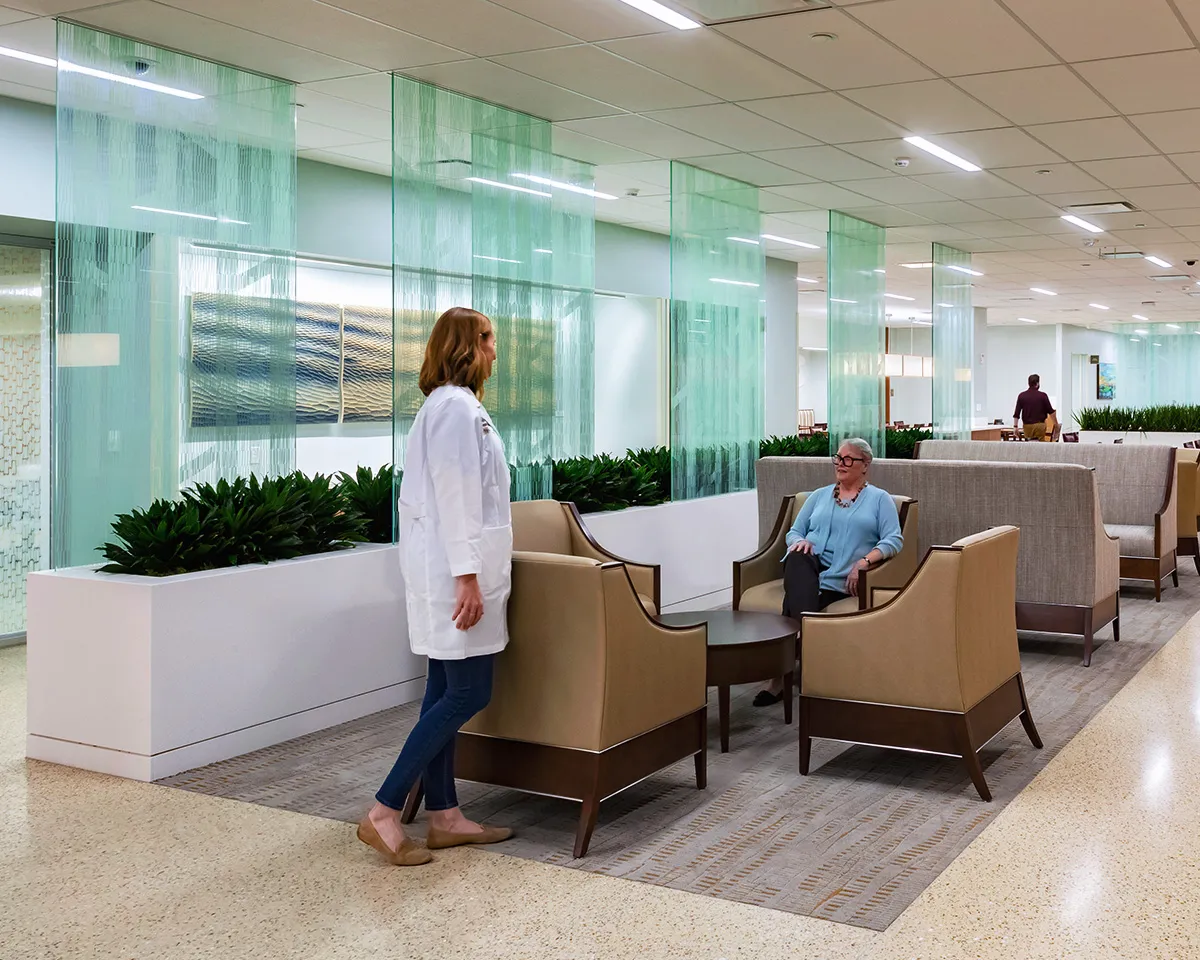 Barnes-Jewish West County Hospital
Barnes-Jewish West County Hospital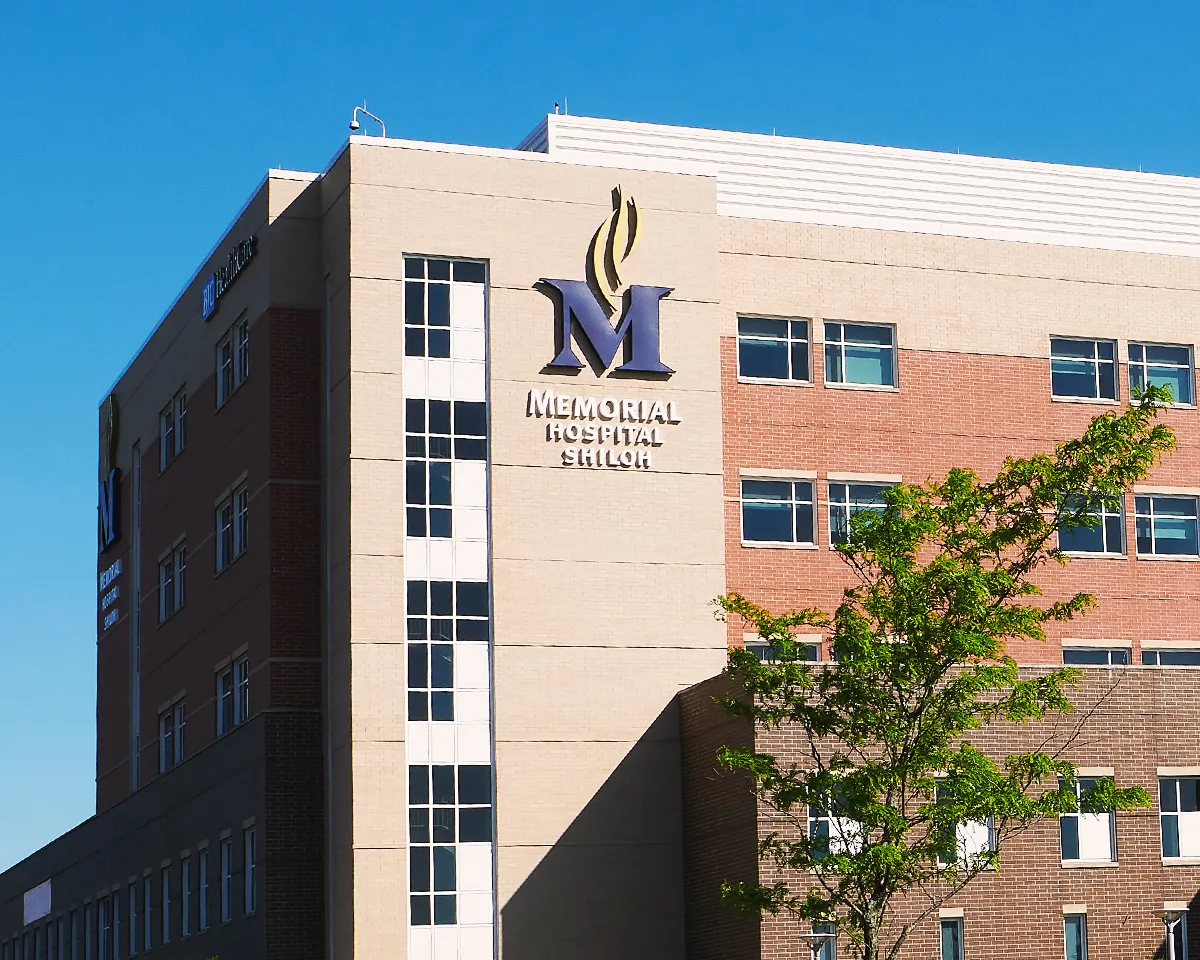 Memorial Hospital Shiloh
Memorial Hospital Shiloh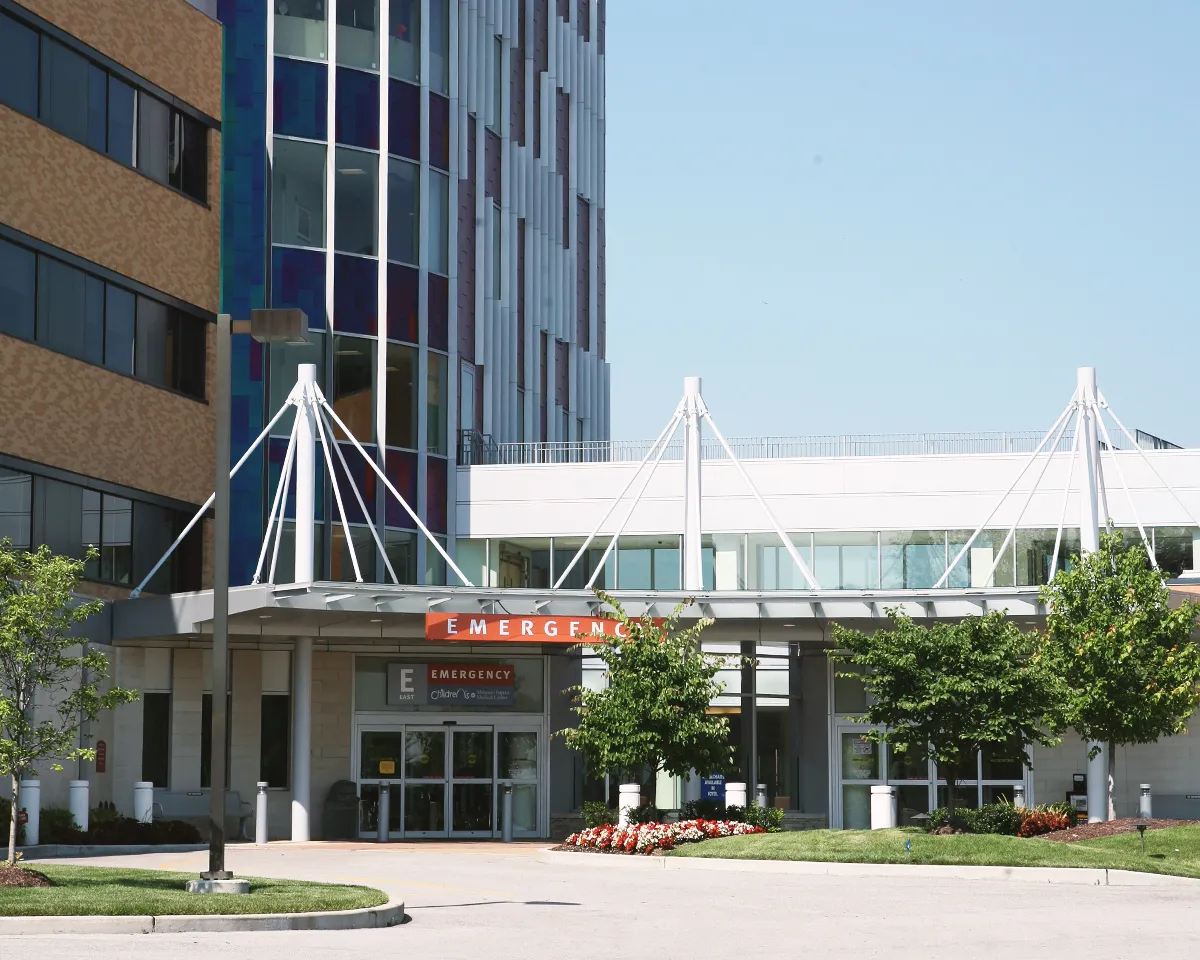 Missouri Baptist Medical Center
Missouri Baptist Medical Center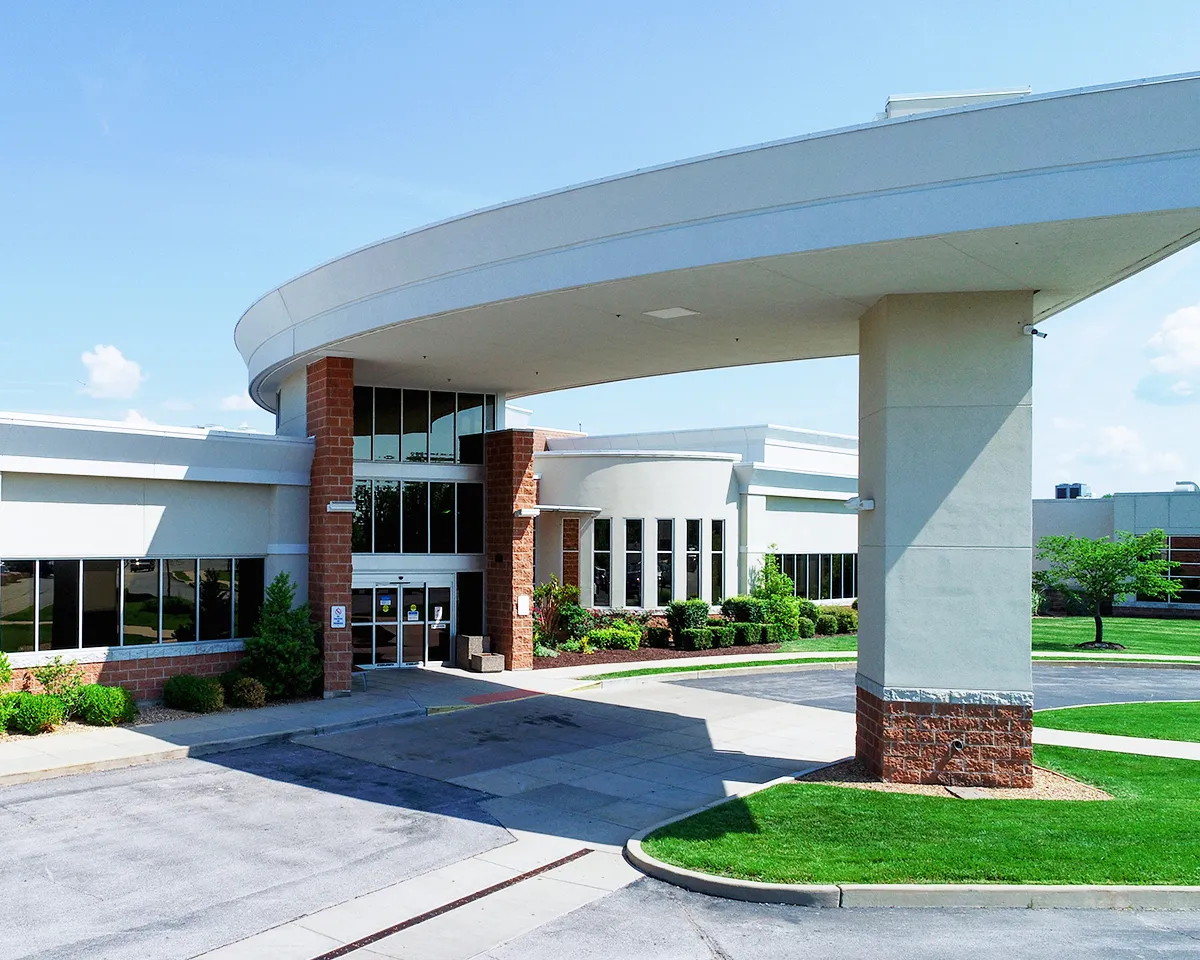 Missouri Baptist Sullivan Hospital
Missouri Baptist Sullivan Hospital Northwest HealthCare
Northwest HealthCare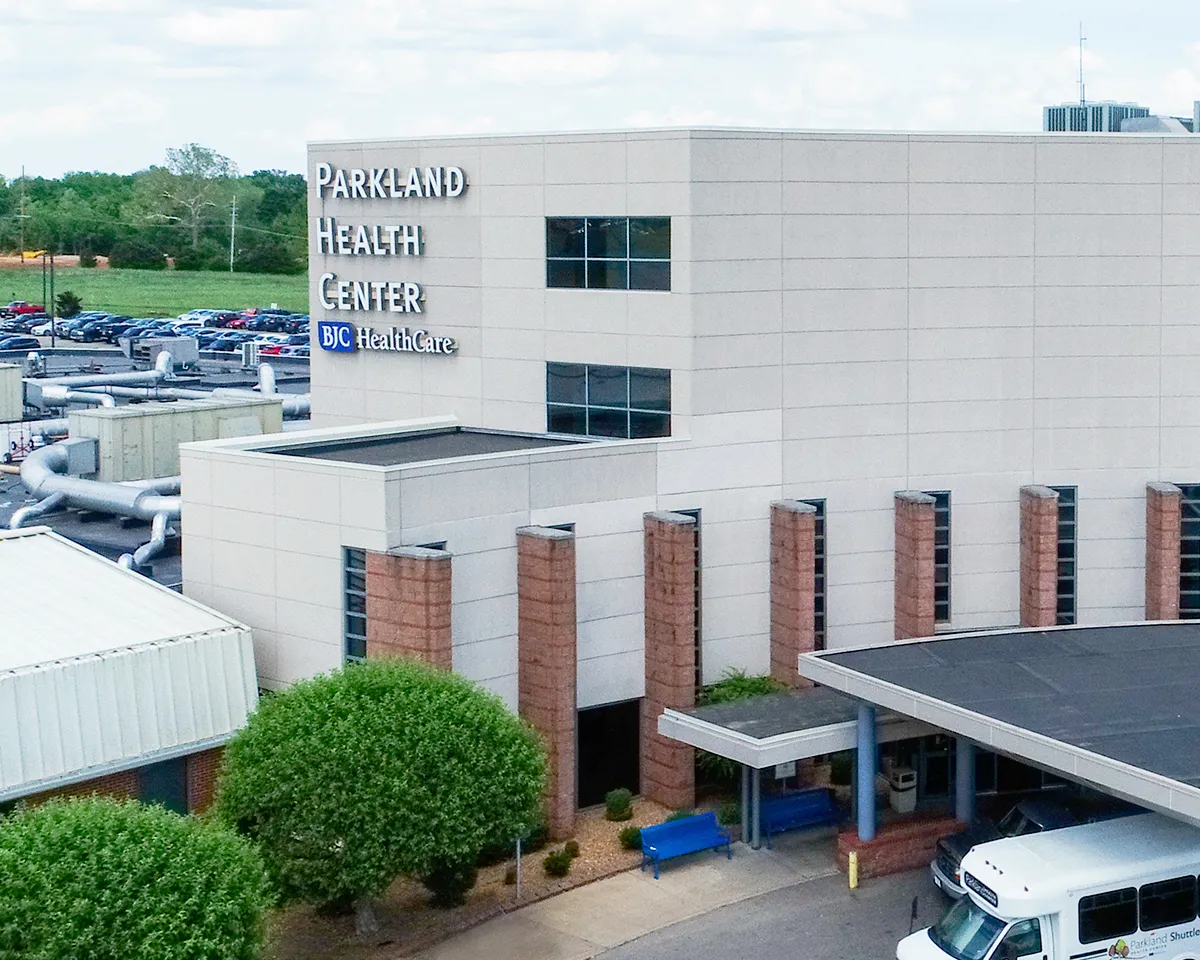 Parkland Health Center
Parkland Health Center
Schedule your appointment
Call (314) 362-9355 or (800) 392-0936 to schedule an appointment.